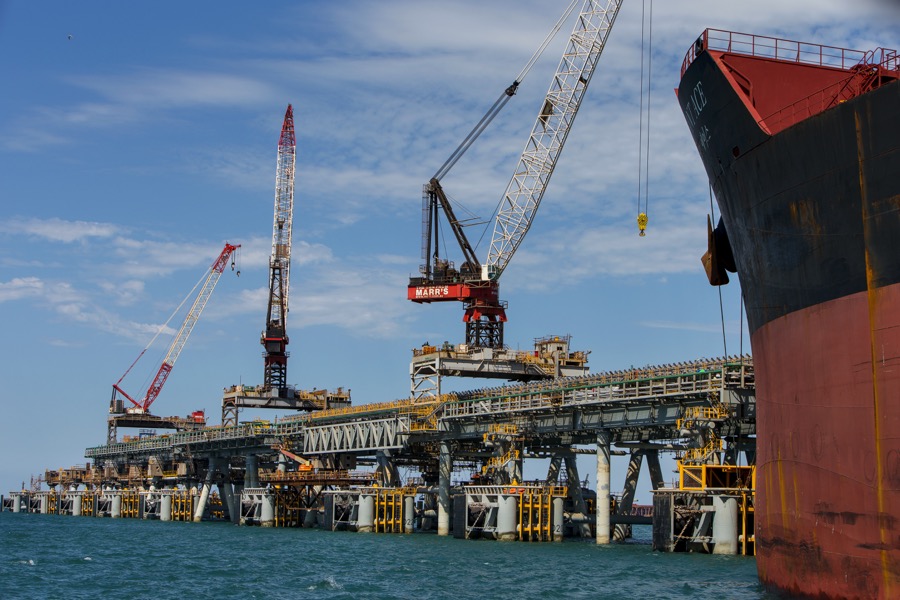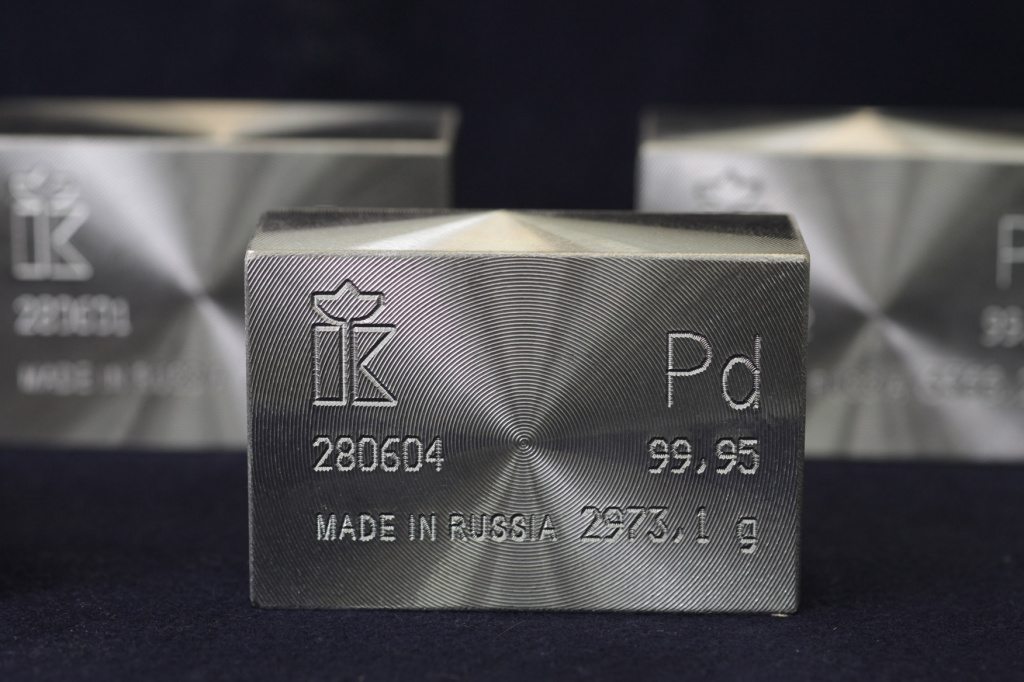Rio Tinto reports record Q1 Pilbara iron ore shipments, sees inflation risk

Rio Tinto reported on Thursday a better than expected 15.4% jump in first-quarter iron ore shipments from Western Australia, a record for the quarter, as it ramped up production at its Gudai-Darri mine.
The world’s biggest iron ore producer, however, warned of “persistently high” inflation in the US and a tightening of credit conditions in the aftermath of the collapse of two US regional lenders in March, which it expects to weigh on economic activity across the board.
The strong quarterly shipments are a positive harbinger for Rio Tinto’s financial results, since it derives around 70% of its profits from the iron ore division.
“Iron ore in a stand out beat,” said analyst Glyn Lawcock of investment bank Barrenjoey in Sydney. “With prices up and volume going well that’s going to bode well for the rest of the year….What was a bit disappointing was that they cut their copper guidance and they have flagged some operational issues.”
Rio Tinto shipped 82.5 million tonnes (MT) of the steelmaking ingredient from Pilbara operations in the three months ended March 31. That compared with 71.5 MT a year earlier and to a 79.8 MT forecast according to a consensus of analysts compiled by Vuma Financial.
Rio’s $3.1 billion Gudai-Darri greenfield mine, which opened in 2022, is expected to reach its annual capacity of 43 MT in 2023.
Iron ore prices have rebounded due to lifting of the zero-Covid policy in top metals consumer China and the country’s measures to support its struggling property sector.
Rio reaffirmed its annual iron ore shipments forecast of between 320 and 335 MT and unit cost estimate of $21 to $22.5 per tonne of Pilbara iron ore.
The company cut its forecast for mined copper to a range of 590,000 to 640,000 tonnes from 650,000 to 710,000 tonnes, citing the impact of a conveyor belt outage at Kennecott mine in Alaska and geotechnical challenges at its Escondida mine in Chile.
It also flagged the impact of wet weather on its Australian bauxite operations, which analysts pointed out could mean production forecasts may be downgraded later in the year.
(By Melanie Burton, Savyata Mishra and Himanshi Akhand; Editing by Anil D’Silva and Muralikumar Anantharaman)
{{ commodity.name }}
{{ post.title }}
{{ post.date }}




Comments